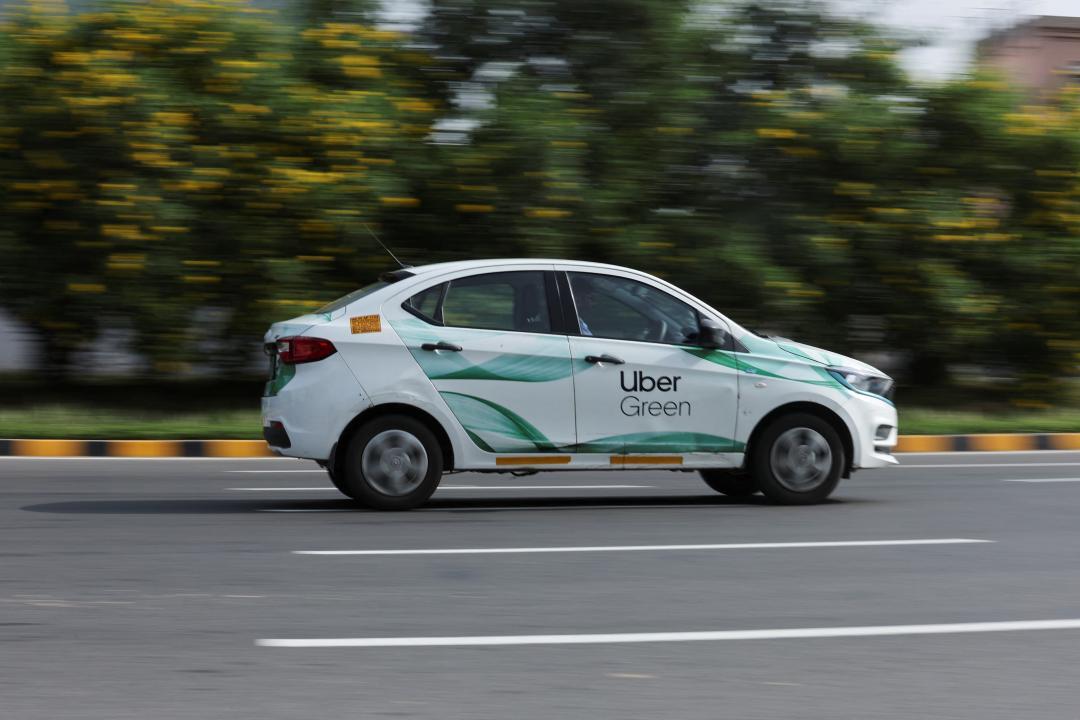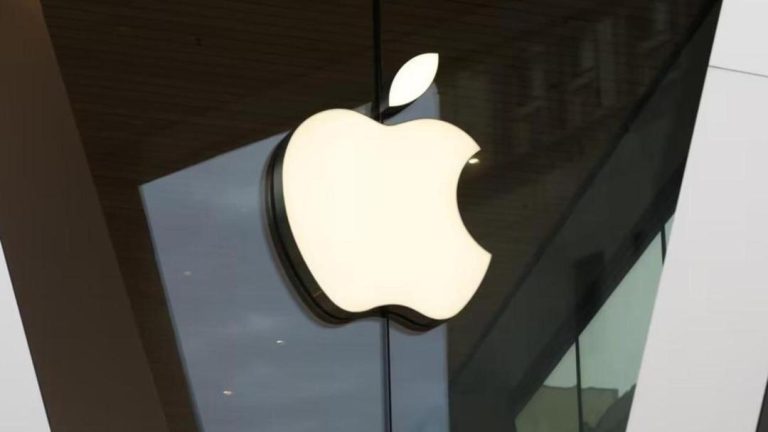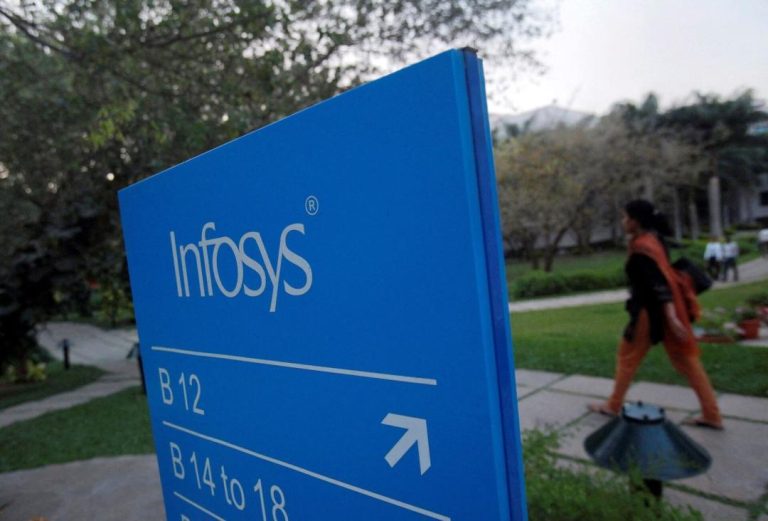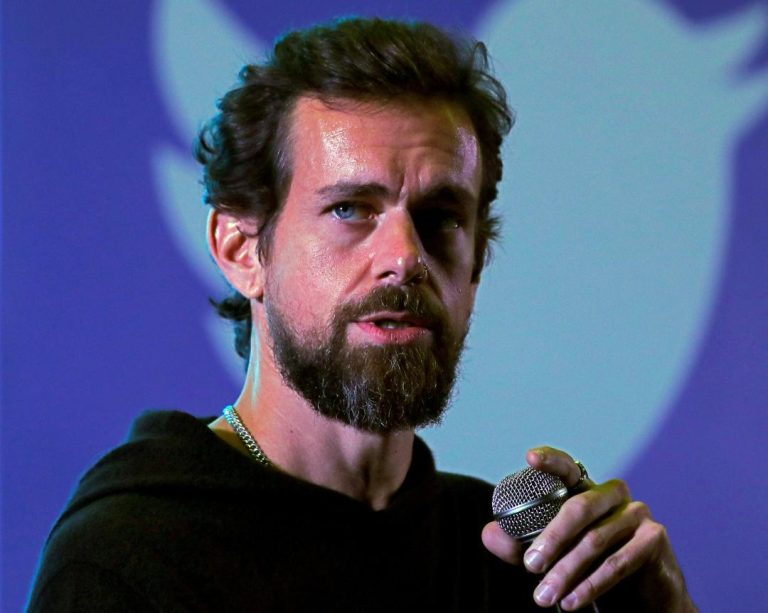
Why are Ola, Uber & Rapido drivers on indefinite strike in Mumbai?
In a major disruption to the city’s transportation system, Ola, Uber, and Rapido drivers in Mumbai have gone on an indefinite strike, leaving commuters facing longer wait times and fewer cabs on the road. The drivers, who are the backbone of the ride-hailing industry, have been protesting against the low earnings they receive after deducting aggregator commissions and fuel expenses.
According to reports, the drivers are earning a meager ₹8-12 per kilometre, which is unsustainable given the rising fuel and maintenance expenses. The strike has brought the city’s transportation system to a grinding halt, with passengers struggling to find alternative modes of transportation.
The strike was called by the Mumbai Taxi Union, which represents thousands of drivers who operate on the platforms of Ola, Uber, and Rapido. The union has been demanding better pay and working conditions for the drivers, who are often forced to work long hours for low earnings.
In an interview with NDTV, the President of the Mumbai Taxi Union, Suresh Shetty, said, “The drivers are not getting a fair deal. They are working hard, but the earnings are not commensurate with their hard work. After deducting aggregator commissions and fuel expenses, they are left with just ₹8-12 per kilometre. This is not sustainable.”
Shetty also pointed out that the fuel prices have been increasing steadily, which is making it difficult for the drivers to make ends meet. “The fuel prices have gone up, and the maintenance expenses are also increasing. The drivers are finding it difficult to cope with the expenses,” he said.
The strike has had a significant impact on the city’s transportation system, with passengers facing long wait times and fewer cabs on the road. The strike has also affected the daily lives of thousands of people who rely on the ride-hailing services for their daily commute.
In an effort to resolve the issue, the government has stepped in to negotiate with the drivers and the ride-hailing companies. The Maharashtra State Road Transport Corporation (MSRTC) has also announced that it will provide additional buses to cater to the demand for public transportation.
However, the drivers are refusing to budge, and the strike is likely to continue until their demands are met. The strike has also highlighted the need for better regulation of the ride-hailing industry, which has been criticized for its lack of transparency and accountability.
The strike has also led to a debate on the sustainability of the ride-hailing industry, with many experts questioning the viability of the business model. The industry relies heavily on the drivers, who are often treated as independent contractors rather than employees. This has led to concerns about the exploitation of the drivers and the lack of social security benefits.
In conclusion, the strike by Ola, Uber, and Rapido drivers in Mumbai is a wake-up call for the ride-hailing industry to address the concerns of its drivers. The drivers are demanding better pay and working conditions, and it is the responsibility of the industry to ensure that their demands are met. The strike is a reminder of the importance of fair labor practices and the need for better regulation of the industry.






